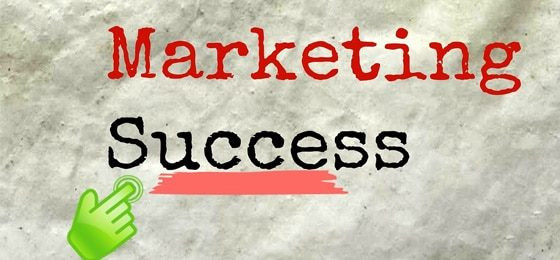
It is a type of marketing that relies on highlighting the success stories of customers, individuals, or companies who have benefited from the goods and services provided. These stories are used as a marketing tool to convince potential customers of the effectiveness of the product or service, by presenting real results and successful experiences.
Characteristics and characteristics:
1. Focus on the story: This type of marketing relies heavily on personal and collective success stories that highlight how customers benefited from products or services.
2. Transparency and credibility: Provides honest and reliable content that reflects real experiences, which increases potential customers' confidence in the brand.
3. Emotional interaction: Focuses on emotions and feelings, which helps build a strong connection between customers and the product.
4. Motivation and encouragement: Helps motivate potential customers to make a purchase decision by presenting success as an achievable goal.
5. Taking advantage of influential figures: Uses successful figures as promotional tools, whether they are regular customers or influential public figures.
Benefits and features:
1. Increased trust: Enhances customer confidence in the product by providing real and reliable experiences.
2. Sales motivation: Increases the likelihood of potential customers buying, as they see how they can achieve success using the product.
3. Loyalty enhancement: Enhances the loyalty of existing customers who feel proud to be part of the success story.
4. Market differentiation: Helps the brand stand out through real stories that directly and tangibly highlight the benefits of its products.
5. Innovation stimulation: Pushes companies to continually improve their products and services to provide new success stories.
Cons and challenges:
1. Challenge in finding real stories: It can be difficult to find real and inspiring success stories that can be relied upon in marketing.
2. Risk of losing credibility: If the story is found to be exaggerated or incorrect, it can lead to a loss of customer trust.
3. Heavy reliance on emotions: Sometimes, this approach can ignore practical facts in favor of emotional impact.
4. Marketing costs: Producing high-quality marketing content from success stories can be expensive, especially if it includes videos or professional production.
5. Cultural challenges: Some success stories may not fit into certain cultures or markets, requiring customization or modification of marketing messages.
Examples:
- Arabic examples:
- Kareem: Focused on the success stories of its drivers and how their lives changed after joining the company.
- Talaat Moustafa Group: Used the success stories of families who chose to live in its real estate projects, which contributed to enhancing the company's image.
- Huawei in Egypt: Focused on the success stories of young people who were able to obtain job opportunities or develop their skills through the use of Huawei devices.
- Foreign examples:
- Amazon: Uses the success stories of customers who benefited from its cloud services (AWS) to motivate other companies to join.
- Nike: Uses the success stories of athletes who use its products as a powerful marketing tool.
- Tesla: Markets through the success stories of its customers and how they benefited from the sustainable driving experience and technological innovations.
Success marketing is an effective tool for building trust and increasing sales by showcasing real success stories of people or companies that have benefited from a product or service. It is transparent and credible and enhances loyalty and emotional engagement with customers. Despite its benefits, success marketing faces challenges related to finding real stories and production costs, but when executed correctly, it can be one of the most influential and persuasive marketing techniques.

30/08/2024

30/08/2024

15/08/2024
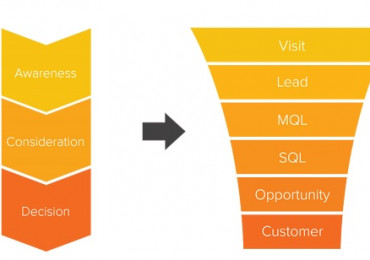
18/08/2024
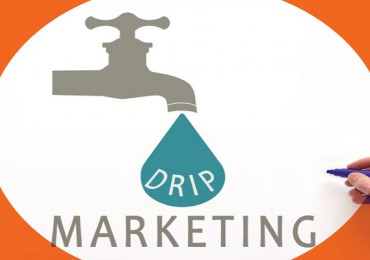
20/08/2024

30/08/2024

17/08/2024

14/08/2024

01/09/2024

18/08/2024

30/08/2024
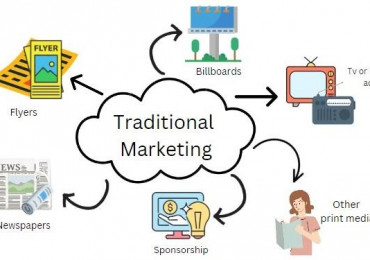
17/08/2024

18/08/2024

18/08/2024

26/08/2024
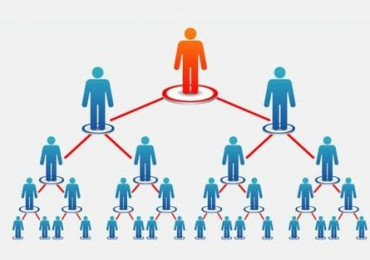
14/08/2024

23/08/2024

01/09/2024

26/08/2024

26/08/2024